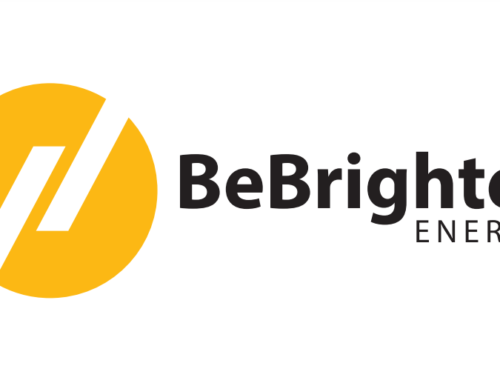Solar Energy Financing: Strategies And Options For A Sustainable Future
Introduction
The global push for clean and sustainable energy sources has led to a surge in interest and investment in solar energy projects. As the cost of solar technology decreases and the environmental benefits become increasingly evident, more individuals, businesses and governments are looking to embrace solar energy. However, one of the most critical elements in the successful deployment of solar projects is the financing aspect. Solar energy financing options are numerous, each with its unique features and play a vital role in ensuring the growth and sustainability of solar energy as a significant contributor to the world’s energy mix. In this article, we’ll explore into the different financing options available for solar projects, including solar loans, power purchase agreements (PPAs) and solar investment trusts. Understanding these options is crucial for making informed decisions that will not only benefit your bottom line but also promote the broader adoption of solar energy for a more sustainable future.
Power Purchase Agreements (PPAs): A Path For Businesses
Power Purchase Agreements (PPAs) are a financing model designed primarily for commercial and industrial entities. This arrangement allows businesses to go solar without the initial capital investment. Here’s how PPAs work:
Third-Party Ownership: In a PPA, a third-party solar provider installs, owns and maintains the solar panels on the customer’s property. The business or organisation only pays for the electricity generated at a predetermined rate, usually lower than their current utility rates.
Risk Mitigation: PPAs shift the operational and maintenance risk to the solar provider, ensuring that businesses can enjoy the benefits of solar energy without the hassle of system maintenance.
Long-Term Savings: PPAs typically span 10-25 years, guaranteeing a stable source of clean energy and, in many cases, reducing electricity costs over time. These long-term contracts offer stability and predictability in an otherwise fluctuating energy market.
Solar Investment Trusts: Expanding Access to Solar
Solar Investment Trusts are a relatively new financing option designed to expand access to solar investments. Here’s how they work:
Diverse Investment: Solar Investment Trusts provide an opportunity for a wide range of investors, including those who might not have the capital to invest in an entire solar project independently.
Lower Risk: By spreading the investment across multiple projects, trusts can lower the risk for investors while still providing returns and supporting the growth of the solar industry.
Impact Investment: Investing in solar projects through trusts allows individuals and institutions to make an impact by supporting the transition to clean energy and reducing greenhouse gas emissions.
Conclusion
Solar energy financing is essential in driving the transition to clean, sustainable power sources. Whether you are an individual homeowner, a business owner or an institutional investor, there are financing options available to support your solar energy journey. Solar loans empower ownership and long-term savings, while power purchase agreements provide an attractive path for businesses looking to adopt solar with minimal upfront costs. Solar Investment Trusts open the door to diverse investors who want to make an impact on a larger scale. By understanding these financing options, you can make informed decisions that not only benefit your bottom line but also contribute to a more sustainable and clean energy future. The global shift to solar energy is not just environmentally imperative; it’s an economic opportunity and a pathway to a more sustainable and secure energy future for all.



Leave A Comment